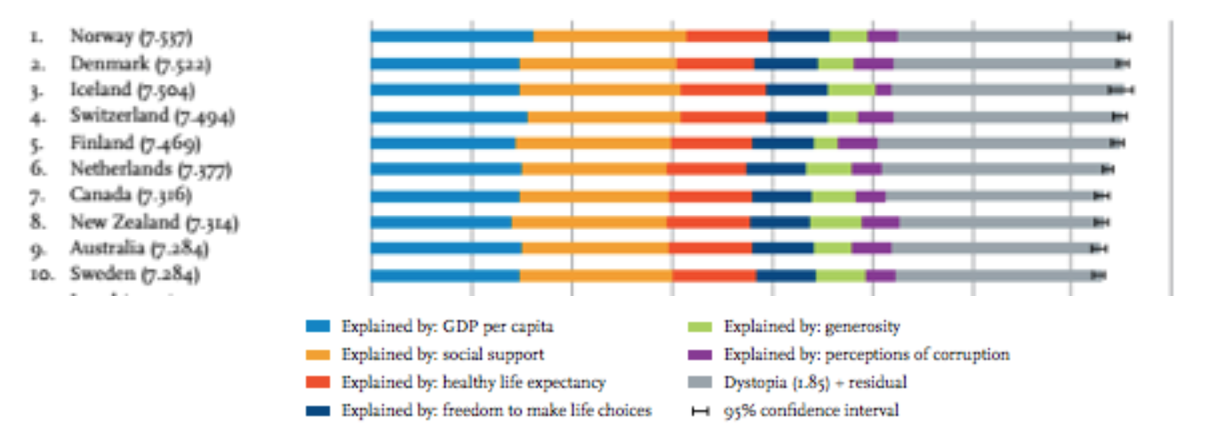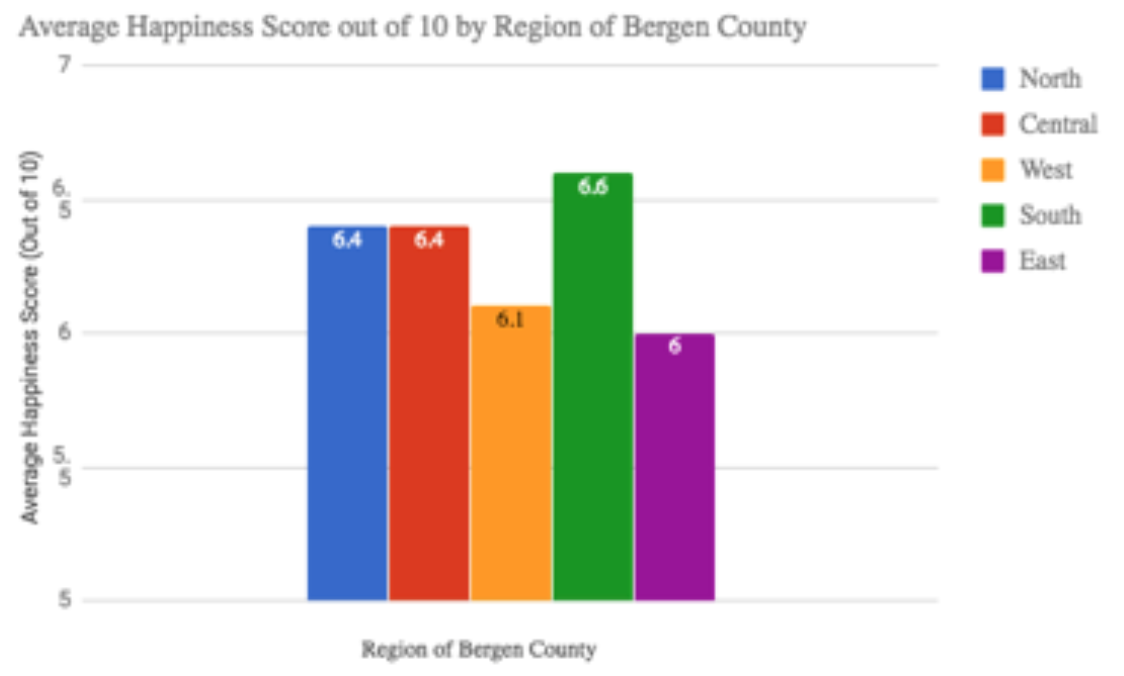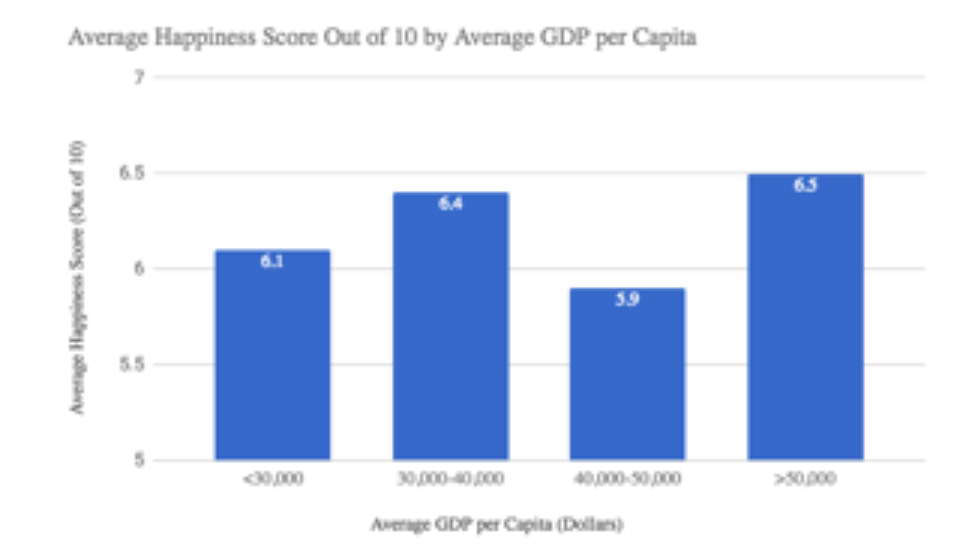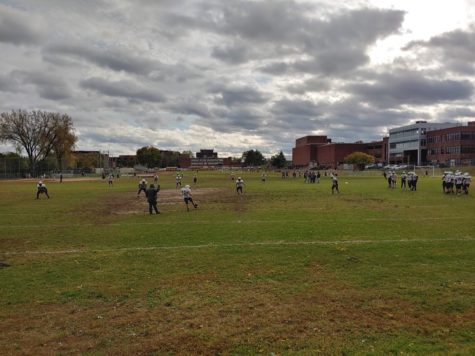Data Journalism Edition: Where are we Happiest?
“Happiness depends upon ourselves.” Aristotle’s words resonate with many, but are they completely true? Can happiness be influenced by something as trivial as where you live? The World Happiness Report, published by Sustainable Development Solutions Network (SDSN), seems to say just that.
But what does BCA say? Could this correlation be due to other factors having to do with where you live like average GDP or crime rate? In 2014-2016 the Worldwide Happiness Survey was conducted. A similar survey was conducted at BCA.
It turns out that people from South Bergen County were a bit happier than their peers.
In the international survey the highest six average scores were in Northern countries (Norway, Denmark, Iceland, Switzerland, Finland, Netherlands, and Canada). Why are people located in such cold climates so happy? While many people dislike the cold and constantly complain about it, these Northerners seem to thrive in this type of environment.

Zamira Rahim of The New York Times suggests that it may be other variables, such as social support, that influence a nation’s happiness, not necessarily their geographic location. To test this theory of happiness not being influenced by geographic location, but by other variables, such as GDP, I conducted a school-wide survey asking for participants’ towns of residency and happiness ratings, using questions from established happiness surveys. One example being, “Compared to most of my peers, I consider myself…” Respondents had to fill in their happiness on a 1-10 scale. 95 BCA students responded.
It turns out that people from South Bergen County (Rutherford, North Arlington, Lyndhurst, Carlstadt, etc.) were a bit happier than their peers. However, all the results were within 0.6 of each other, and therefore do not give a great wide difference between locations. A t-test revealed this finding to be statistically insignificant. According to this graph, however, East Bergen County (Tenafly, Fort Lee, Englewood, Edgewater, etc.) residents are the least happy.
The data also shows that while the wealthiest towns house the happiest people, the second wealthiest towns house the least happy people. This data correlates with research that suggests our happiness is dependent on our relative position in society. This is an interesting trend because it does not show money leading to happiness, or the opposite of this, money leading to unhappiness. Overall this data does not show BCA students being happier than even the average 6.993 happiness rating in America.
Kate Kim, a freshman in ATCS said, “I always assumed that income and happiness would be positively correlated.” Another freshman, Gabi Rosenblum in ACAHA, said, “I hoped that BCA students would be happier than they are; it makes me a little sad. But also it makes sense.”
While all this data may urge us to relocate to try and boost our happiness remember this quote from Walt Disney, “Happiness is a state of mind. It’s just according to the way you look at things.”


